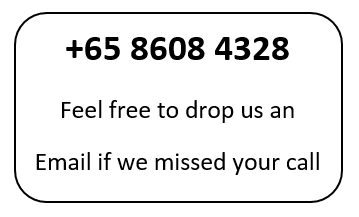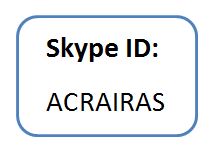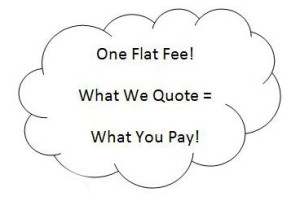Singapore Tax Returns for Corporate Entities
Singapore tax returns and corporate tax rates are very attractive to global investors. There are many incentives offered and therefore this makes it this small nation the most prolific business hub in Southeast Asia. The single tier income tax platform for corporate entities makes this look easier than in many countries in the world. However, note that the IRAS is very strict on taxation, whether personal or corporate.
All taxpayers in Singapore are expected to prepare a tax return at a particular time of the year. This applies for both individuals and companies. When you are consolidating tax dues for a company, regardless of its stature, there is need to hire the services of an accounting firm. Luckily, the
re are many such in Singapore. There are certain things that one needs to know so as to be in compliance with the regulations that have been laid down by the tax authorities in the Singapore country. It is mandatory for all companies to prepare tax returns regardless of whether they made any profit or not, failure to which a penalty will follow.
How to go about it
If you have a registered company in Singapore, you are supposed to prepare your company’s tax returns with the Inland Revenue Authority of Singapore (IRAS). Then, after scrutiny of your records, they give you a feedback on the amount that you are to pay that year. Usually, they will send a statement of account and a notice of assessment. The latter indicates what you should pay. Ideally, you should make the payment a month after the assessment. Where you are not in agreement with the results of the evaluation, you can appeal with the IRAS but you still need to pay within the one month deadline.
What is the corporate rate for tax returns in Singapore?
Corporate tax is paid by all limited companies – private or public. It is an amount paid out of all the taxable profits by the companies. However, the rates paid by the corporate organizations vary depending on a couple of factors.
Firstly, if your company has been in operation for over three years, your rate is around 8.5% for the first amount of $300,000. You can see you are exempted from paying the other half because ideally, the rate should be 17%. On the same note, new resident companies that are less than 3 years old enjoy tax benefits of complete exemption for the first taxable profit dues of SGD $100,000, if they meet all the other qualifying conditions. Other companies pay a standard rate of 17% on their taxable gains through the partial tax exemption program. Overall, there is a way you can reduce the amount you pay to the IRAS legally.
What to submit together with corporate tax returns
Besides Form C, your corporate tax returns should be accompanied by the following a statement containing tax computations and supporting tax schedules, as well as a compiled set of financial statements accounts.
Small companies who are filing form C-S are not required to submit their unaudited financial statements. But, they must still prepare them and submit it when requested by IRAS.
Singapore tax returns must be adhered to strictly if you are to run your business smoothly. It is something that is done once per year but it can lead you into trouble if you fail to comply. The rates can be lowered on request. There are tax benefits that you can take advantage of to reduce the amount you pay to the authorities. This can be done through proper tax planning.
Here are the most recent rates for Singapore company tax returns
Singapore tax returns and rates for companies have been going down in order to attract more business. For example, between the year 1997 and 2000, the rate was 26%. Compared to the rate of 17% paid between 2010 and 2013, this is a big drop saving companies a lot of money. At the same time, there are many incentives offered that can legally save companies some good tax money.
For non-resident companies, or for companies that do business in Singapore and other countries as well, Singapore has entered tax treaties with more than 50 countries so that they can offer the companies some relief from double taxation.
For companies that went into business starting 2009, the tax return due date is 30 November every year for your previous year of assessment. Companies are allowed to deduct losses from the income tax and they can carry the losses forward until such a time that they feel they have recovered sufficiently and then they pay. Any capital allowances can be carried forward indefinitely. Singapore tax returns terms are one of the friendliest in the world.
Reminder on Singapore Tax Returns
J Accounting Services would like to remind the public on the filing of their personal and company tax returns. It is important that you do the necessary relevant submission to the IRAS on time. Fines and Penalties will be imposed for failure to submit or late submissions. Thankfully, J Accounting Services do offer you with help in this area of tax returns in Singapore. So, do consider taking up such services from a professional service firm. Check out our website (www.j-accountingservices.com) for more information.




